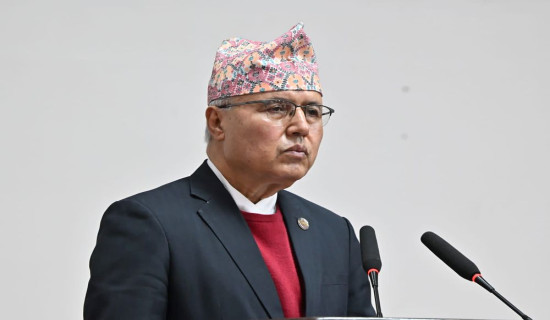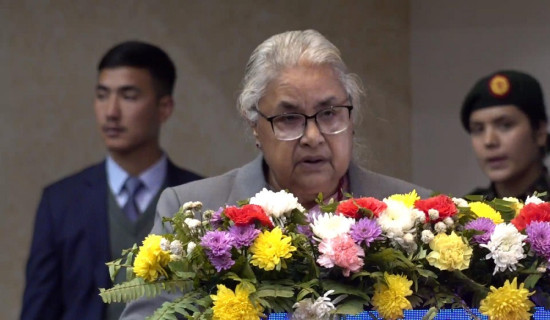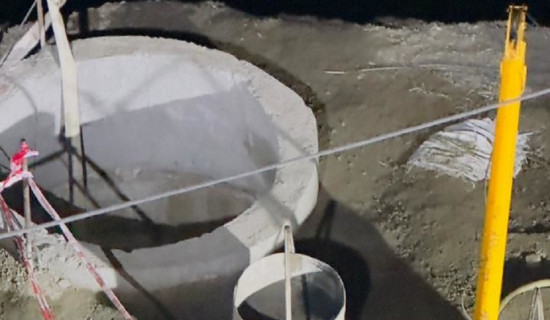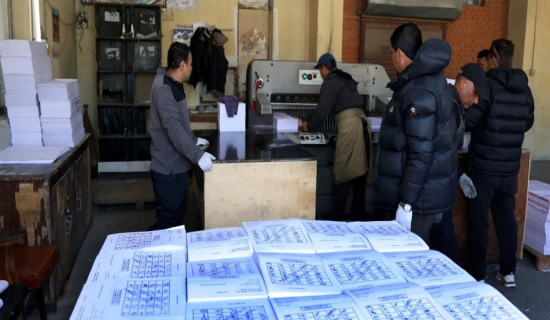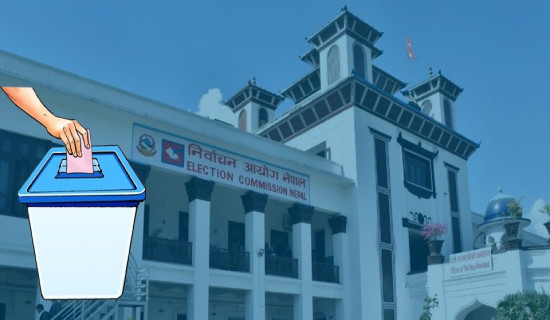- Wednesday, 11 February 2026
Ban On TikTok
Bini Dahal
On November 13, 2023, Nepal government decided to put a ban on the widely popular social media platform, TikTok. So, the site is currently inaccessible in the country. Prior to its ban, TikTok was extensively used by the majority of people. A report published by the BBC Media Action highlighting Nepal’s media usage for the year 2022 showed the platform to be the third most popular site after YouTube and Facebook, respectively. The report indicated that it was highly popular among the young population.
Since its inception, TikTok has presented a diverse range of contents to its audience. However, with its increasing popularity, many of its contents are found to be violent and inappropriate for the public. Over the last four years in Nepal alone, more than 1,600 TikTok-related cybercrimes have been reported to the police. Citing such concerns, the government has justified its decision to ban the site. The government has blamed the site for disrupting social harmony within the country.
However, this decision has sparked criticism from various quarters, including opposition political parties and others. Their concern is that the government has resorted to banning TikTok outright instead of regulating and monitoring it properly. This perspective holds true as we have seen unregulated contents getting openly shared by hundreds and thousands on other social media sites as well. Moreover, there are growing concerns that by closing the social media platform, we are heading towards building a closed society.
As content creation has evolved into a popular job and a good source of income, a considerable number of individuals have immersed themselves in this. In the name of gaining views and earning money, some groups of people are found posting contents that are controversial and problematic. Unfortunately, when these contents flood our feeds, it is rare that we rationalise whether the content is correct or not. Oftentimes, certain groups of people are found misusing the social media sites to slander people, disseminate misinformation and cause fights among the people. Such actions in turn contribute to the erosion of our social fabric.
Three days prior to the banning of TikTok, the government had introduced directives to regulate social media sites. As per these guidelines, social media sites like Facebook, X, Instagram and TikTok are required to establish their liaison office in the country. Also, the rule also prohibits the posting of vulgar contents, hate speech, spreading of fake news, cyber bullying and matters related to terrorism.
TikTok has been banned in numerous countries and regions around the world namely India, Australia and European Union, among others. These countries mostly have cited security reasons for their decision. It’s not like every content posted on social media is wrong. There are contents that are essential to create awareness and even increase knowledge among people. But when people get a taste of social media sites and the power that it holds in this, there is no turning back. And that’s when the content quality becomes questionable.
Hence, it is imperative that the government, social media platforms and other stakeholders join hands to create an environment which is supportive to the society. The authority should be in constant dialogue with concerned stakeholders to come up with plans and policies that are beneficial for all. Let these sites be regulated in a way that they give the right message to the society and not incite social strife.









